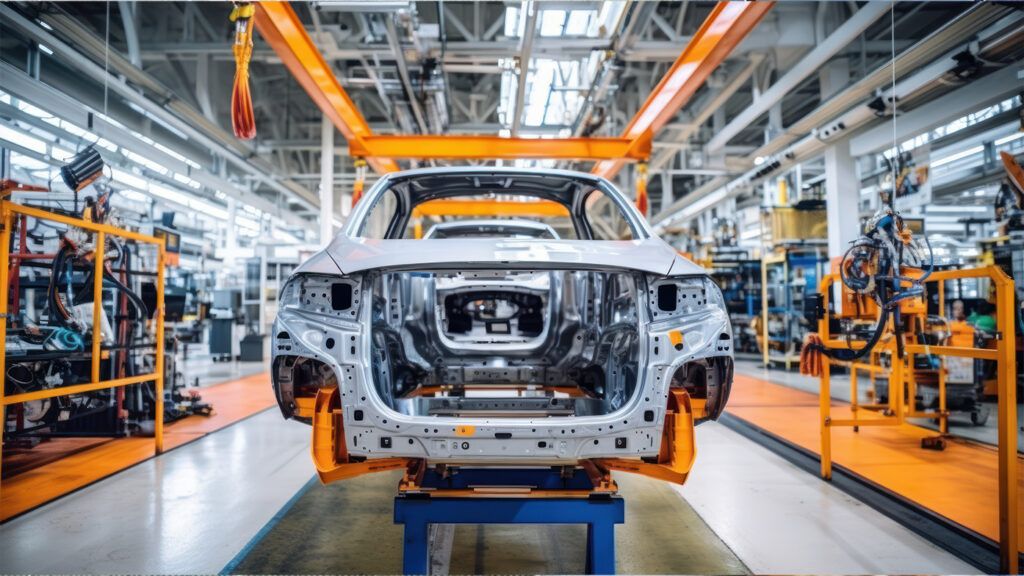A Career in the Automotive Industry: Shall you pursue it?
Published On 31/5/2024, 11:53:22 am Author Hritik BaberwalThe automotive industry, a cornerstone of the global economy, is a dynamic and rapidly evolving field that offers a wide array of career opportunities. Traditionally known for vehicle manufacturing, the industry has expanded far beyond this, encompassing various sectors such as engineering, design, sales, marketing, and software development. Modern automotive careers are increasingly focused on innovation and the development of advanced technologies that shape the future of mobility. In engineering, professionals are engaged in the creation of cutting-edge automotive technologies, including electric and autonomous vehicles, advanced safety systems, and sustainable manufacturing processes. Automotive design careers allow creative minds to influence the aesthetic and functional aspects of vehicles, ensuring they meet consumer preferences and regulatory standards. Sales and marketing professionals in the automotive industry play a crucial role in understanding market trends, consumer behavior, and developing strategies to promote and sell vehicles in a highly competitive market. Additionally, software development has become integral to the industry, with opportunities to work on sophisticated vehicle software, infotainment systems, and cybersecurity measures essential for modern cars. The automotive sector also offers roles in supply chain management, quality control, research and development, and customer service, each contributing to the industry's growth and adaptation to changing consumer needs and technological advancements. As the industry embraces trends such as electrification, connectivity, shared mobility, and sustainability, it promises exciting and diverse career paths for those ready to innovate and drive the future of transportation.

The automotive industry has come a long way since the invention of the first steam-powered car. Today, it’s at the forefront of technology and innovation. With the advent of electric vehicles (EVs), autonomous driving, and connected car technology, the industry is in a state of constant evolution, opening up numerous career opportunities.
Career Paths in the Automotive Industry
Engineering and Design Automotive engineers and designers are the backbone of the industry. They work on the conception, design, and development of new vehicles and technologies. This includes mechanical engineers, electrical engineers, and software engineers, especially with the rise of EVs and autonomous vehicles.
Manufacturing and Production This involves the actual production of vehicles, where you could be overseeing the assembly line, ensuring quality control, or even working on improving the manufacturing process.
Sales and Marketing Every vehicle produced needs to be sold. This is where the sales and marketing team comes in. They work on promoting the brand, launching new models, and ensuring that the vehicles reach the right market.
Research and Development (R&D) R&D professionals are the ones pushing the boundaries of what’s possible in the automotive industry. They’re involved in everything from developing more efficient engines to designing autonomous driving systems.
Skills Needed in the Automotive Industry
The automotive industry is a tech-driven field. Therefore, having a strong background in STEM (Science, Technology, Engineering, and Mathematics) can be highly beneficial. However, as the industry evolves, so does the skill set required. Skills in software development, AI, machine learning, and data analysis are becoming increasingly important. Additionally, soft skills like communication, creativity, and problem-solving are invaluable in this industry.
The Future of Careers in the Automotive Industry
The future of the automotive industry lies in electric and autonomous vehicles. As such, the demand for professionals with expertise in AI, machine learning, battery technology, and software development is expected to increase. Furthermore, as the industry shifts towards a more customer-centric approach, there will be a growing need for professionals in user experience and digital marketing.
















